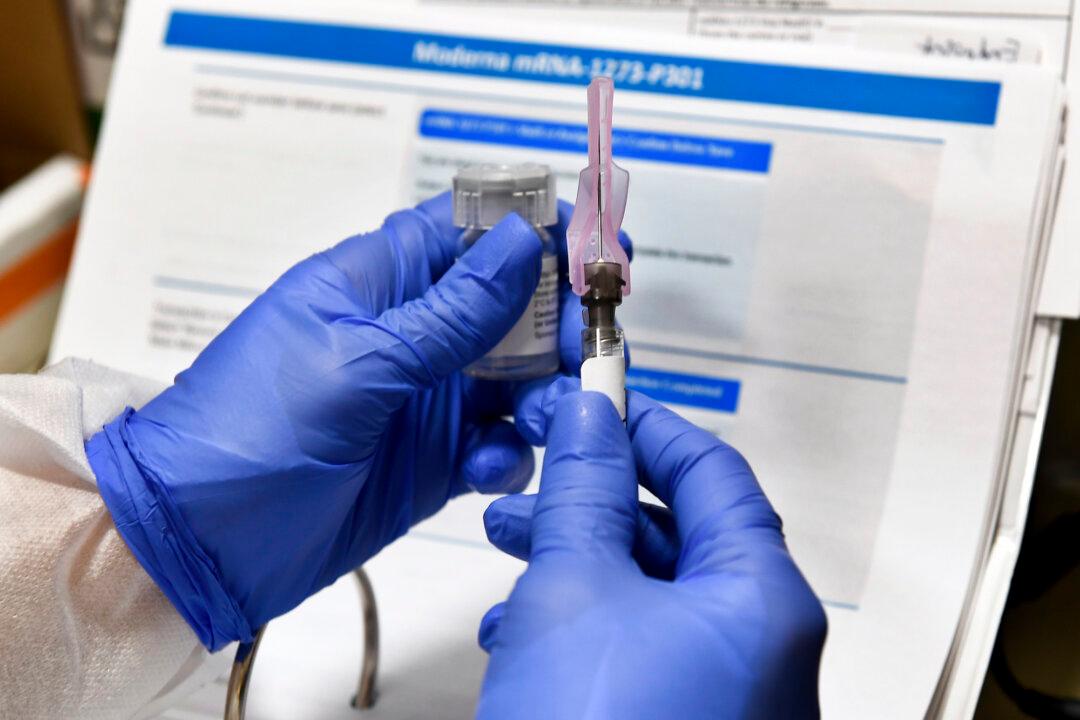Dr. Anthony Fauci, director of the National Institute of Allergy and Infectious Diseases, assured Sunday that the vaccinations against the CCP virus in the United States will be safe, and that its scientific integrity has not been “compromised” by its process of development.
In an interview with ABC News’ “This Week,” the nation’s leading expert on infectious disease sought to remove any uncertainties Americans may have about receiving a shot for COVID-19, as the United States prepares to begin vaccinations next month.





